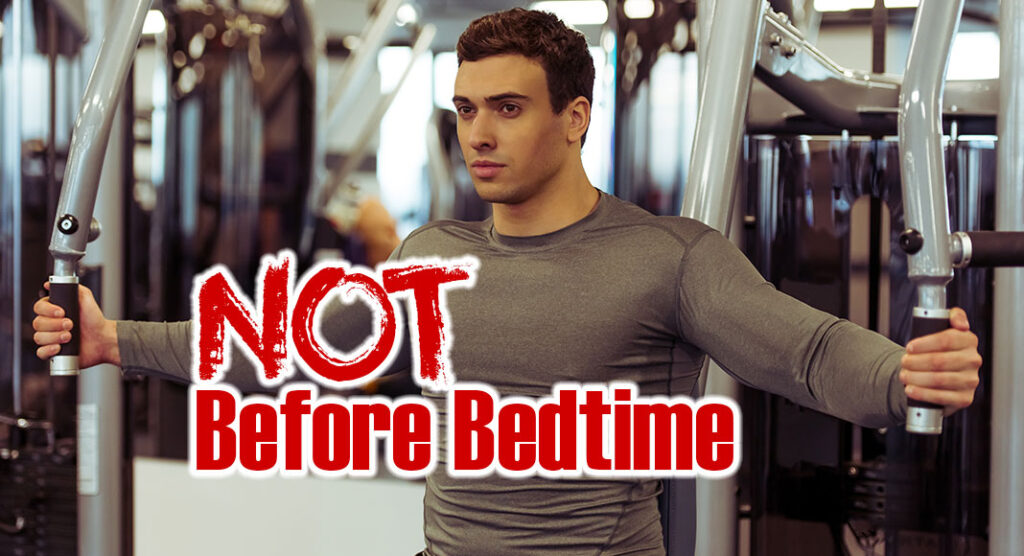
Mega Doctor News
Newswise — Exercise is often associated positively with a good night’s sleep. But if done at certain times of day, or shortly before bedtime, it can also alter how we sleep. And yet despite years of study, there is still much we do not know about how the two are linked.
A new meta-analysis by Concordia researchers published in the journal Sleep Medicine Reviews assessed data from 15 published studies to see how a single session of intense exercise affects young and middle-aged healthy adults in the hours prior to bedtime.
And while no two bodies are the same, the researchers did find that the combination of factors would interact to enhance or modulate the effects of exercise on sleep.
“When we reviewed the literature on this work, we found that there were a lot of mixed results,” says Melodee Mograss, a cognitive neuropsychologist and researcher at the PERFORM Sleep Lab. “Some depended on the time of exercise, others on the fitness level of a study’s participants, or even the type of exercise.”
Timing is (almost) everything
Emmanuel Frimpong, a postdoctoral fellow at the Sleep, Cognition and Neuroimaging Lab and the study’s lead author, says their principal goal was to assess whether high-intensity exercise affected sleep afterwards and to see which factors might influence that sleep.
The researchers combined data from the 15 studies and ran a statistical analysis that examined variables such as the timing of exercise — early evening or late evening — and the hours between the cessation of exercise and bedtime — less than two hours, around two hours, and two to four hours.
Additional variables included the fitness level of the participants (sedentary or physically active), the threshold intensity and the duration of the exercises. They also analyzed how specific types of exercise influenced sleep.
“Overall, our analysis showed that when exercise ended two hours before bedtime, there were sleep benefits, including the promotion of sleep onset and increased sleep duration,” says Frimpong.
“On the other hand, when exercise ended less than two hours before bedtime, sleep was negatively impacted. It took longer for participants to fall asleep and sleep duration decreased.”
Further analysis provided the following results:
- Early evening high-intensity exercise promoted sleep onset and improved sleep duration, especially when performed by sedentary subjects.
- High-intensity exercise performed between 30 and 60 minutes also improved onset and duration.
- Cycling exercises were found to benefit participants most in terms of onset and deep sleep.
- However, high intensity exercise, regardless of timing, contributed to a slight decrease in the rapid-eye-movement (REM) stage of sleep, the sleep stage which is commonly associated with dreaming experiences. Studies suggests that decreases in REM sleep can impact cognitive tasks negatively if the information is complex and emotionally stimulating but not if the information is easy or neutral.
Different effects for early risers and night owls
“Based on our review, for healthy, young and middle-aged adults with no history of sleep disorders, evening exercises should be performed in the early evening if possible,” concludes Frimpong.
“Individuals should also keep to a consistent exercise schedule, as exercising at different times of the evening could cause sleep disturbances. Individuals should also consider whether they are morning people or evening people. High intensity exercise performed late in the evening can result in sleep disturbance for morning-type people. “And lastly, sleep hygiene strategies should also be carried out, such as taking a shower between the cessation of exercise and bedtime and avoiding eating heavy meals or drinking a lot of water before going to bed.”









